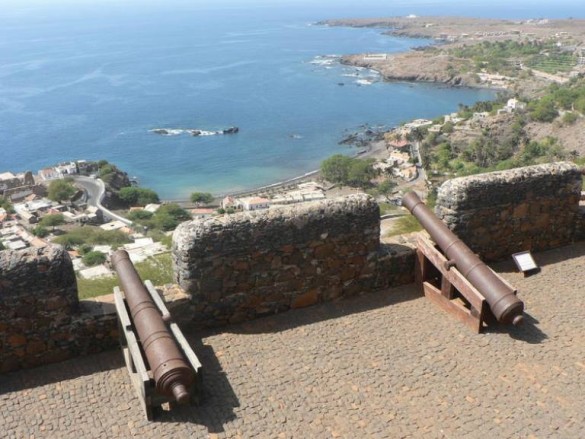
Important U.S. historic sites related to the slave trade will be considered for a worldwide registry now that Vanderbilt professor Jane Landers has been added to an UNESCO International Scientific Committee on slave routes.
“My charge is to come back to the United States and create an inventory of potential sites to be nominated, and then to help the local groups through the nomination process,” said Landers, Gertrude Conaway Vanderbilt Professor of History.
UNESCO, the educational, cultural and scientific branch of the United Nations, launched the Slave Route Project in 1994. Its purpose is to work for the identification, restoration and promotion of sites and places of memory of the slave trade and slavery in Africa, the Americas, the Caribbean, Europe, the Indian Ocean, the Arab States and Asia. This includes the identification and preservation of archives – written and oral traditions – relative to the slave trade.
Landers was confirmed as a committee member in October 2015 during an international meeting of the Slave Route Project at the University of Cabo Verde. The Cabo Verde islands were “ground zero” for the slave trade, used as far back as the 16th century by slave traders because of its location about 350 miles off the coast of Western Africa in the Atlantic Ocean.
Landers gave a presentation at the conference, “Preserving the Endangered Historical Record of African Slavery in the Americas.” Her visit was supported by Donald L. Heflin, ambassador from the United States to the Republic of Cabo Verde.

Landers is the only representative from the United States on the 20-person committee. Currently, there are no recognized Slave Route sites in the United States.
Landers has been working on documenting slavery for more than two decades. She directs the Ecclesiastical and Secular Sources for Slave Societies Digital Archive (ESSSS) hosted by the Jean and Alexander Heard Library at Vanderbilt, which preserves endangered ecclesiastical and secular documents related to slavery in the Americas. With grants from the National Endowment for the Humanities, the British Library Endangered Archives Programme, and the Diocese of St. Augustine, Landers and her international teams have preserved records in Cuba, Brazil, Colombia and Florida, the oldest dating from the 16th century. The ESSSS is part of Vanderbilt University’s long-term support for digital humanities and preserving African history in the Atlantic diaspora.
Landers plans to work with local groups to nominate sites in St. Augustine, Florida, New Orleans and Charleston, South Carolina to the Slave Route Project. More will follow.
“Public history can be changed by getting some of these sites nominated and marked,” Landers said. “It becomes a tourism draw and hopefully moved into the public curriculum for the school systems.”
“Every place needs to have all its history recognized, not just the founding fathers.”